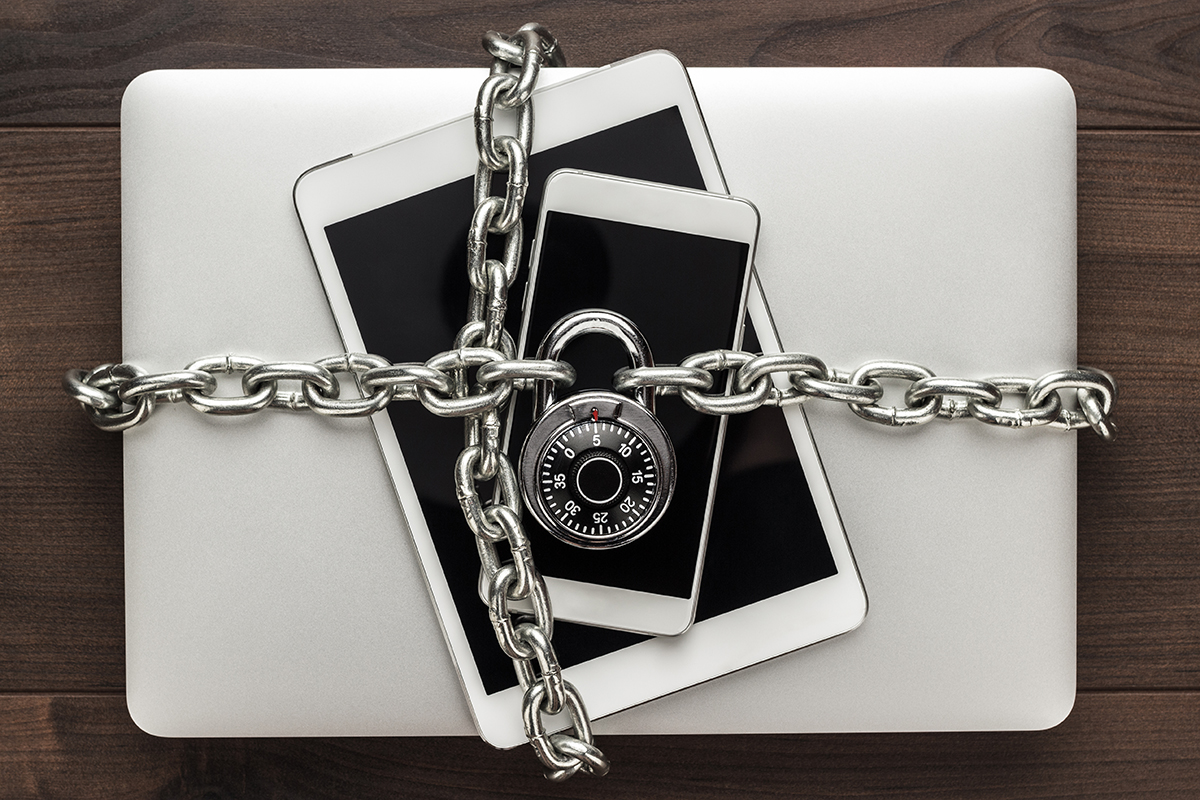Importance of Website Security

In today’s digital age, website security is of paramount importance for any organization that operates online. A website is a critical component of any business as it is the primary point of contact between the business and its customers. A secure website not only protects the company’s information and customer data but also maintains the trust of customers. With the increasing number of cyber-attacks and data breaches, it has become essential to ensure website security. In this blog, we will discuss the importance of website security and the steps that organizations can take to safeguard their websites.
Why Website Security is Important?

Website security is crucial because it protects a company’s sensitive information, customer data, and intellectual property. This information is often targeted by cybercriminals who can exploit vulnerabilities in the website’s code and infrastructure to gain unauthorized access. Hackers can steal sensitive information, such as customer names, addresses, credit card numbers, and other financial information, which can lead to identity theft, financial loss, and reputational damage to the company.
In addition to financial loss, a security breach can also cause operational disruptions, resulting in loss of business, customer dissatisfaction, and damage to the company’s reputation. When customers lose trust in a company’s ability to protect their data, they are likely to take their business elsewhere. Therefore, website security is critical for maintaining customer trust and protecting the company’s reputation.
The Consequences of a Security Breach

A security breach can have severe consequences for a business. The consequences can range from financial losses to damage to the company’s reputation. Some of the most significant consequences of a security breach are:
- Financial Losses: A security breach can result in financial losses due to the theft of sensitive information or loss of business. The cost of a security breach can be significant, including the cost of investigating the breach, notifying customers, and providing credit monitoring services.
- Reputational Damage: A security breach can damage a company’s reputation, resulting in a loss of customer trust and confidence. This can have a long-lasting impact on the company’s bottom line.
- Legal Liabilities: A security breach can result in legal liabilities if the company is found to have violated data protection laws or regulations. The company may face fines and legal action from customers or regulatory bodies.
- Business Disruption: A security breach can disrupt business operations, resulting in a loss of productivity and revenue. It can also damage the company’s relationship with suppliers, partners, and customers.
How to Secure Your Website?

Securing a website requires a multi-layered approach that includes both technical and non-technical measures. Some of the steps that organizations can take to secure their website are:
- Use SSL Certificates: SSL certificates encrypt data between the website and the user’s browser, making it difficult for hackers to intercept and read the data.
- Keep Software Up-to-date: Regularly update the website’s software, including the operating system, web server software, and all plugins or extensions.
- Implement Two-Factor Authentication: Two-factor authentication adds an extra layer of security to the login process, requiring users to provide a second form of authentication, such as a password and a security token.
- Use Strong Passwords: Use strong passwords that include a combination of upper and lower case letters, numbers, and special characters.
- Regularly Backup Data: Regularly back up website data to ensure that data is not lost in the event of a security breach or data loss.



